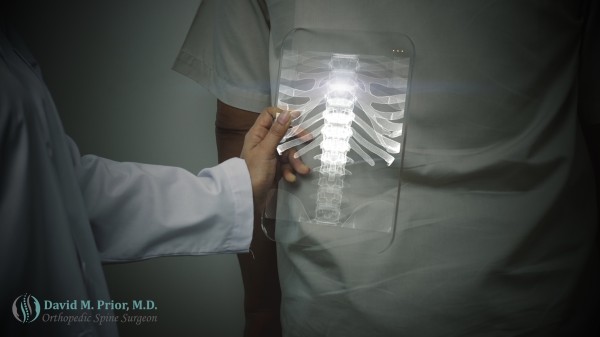Disc Degeneration What You Need to Know About Causes and Care

United States, 8th Sep 2025 – Disc degeneration is a common condition that many people experience as they get older. The spine is made up of bones called vertebrae, and between each vertebra is a soft, flexible disc. These discs act like cushions, helping the spine absorb shock and allowing smooth, comfortable movement.
Over time, these discs can wear down and lose their strength and flexibility. This natural process is known as degenerative disc disease. While some people may never notice symptoms, others may experience pain and discomfort that affects their daily lives.
Why Disc Degeneration Happens
Aging is the most common cause of disc degeneration. As we get older, spinal discs gradually lose water content, which makes them less able to absorb impact. This change can lead to stiffness and pain.
However, age isn’t the only factor. Injuries, repetitive movements, or physically demanding jobs can accelerate disc wear. Genetics may also play a role, as some people are naturally more prone to disc problems.
Lifestyle habits such as smoking, carrying excess weight, and lack of exercise can increase the risk as well by reducing circulation and slowing down the body’s natural healing processes.
Signs and Symptoms
The symptoms of disc degeneration can vary from mild to severe and often depend on which part of the spine is affected. Common signs include:
- Ongoing back or neck pain
- Pain that increases when bending, twisting, or lifting
- Stiffness or a reduced range of motion
- Numbness, tingling, or pain that radiates into the arms or legs
- Muscle weakness in more advanced cases
Sometimes disc degeneration can lead to other spinal conditions, like herniated discs, spinal stenosis, or arthritis in the spine.
How It’s Diagnosed
If you’re dealing with persistent back or neck pain, it’s important to see a spine specialist for an accurate diagnosis. Dr. David Prior begins with a physical exam and a review of your medical history. Imaging tests, such as X-rays or MRIs, may be ordered to get a detailed look at the discs and surrounding structures.
Treatment Options
Treatment depends on the severity of the condition and how much it’s affecting your life. Many people find relief with non-surgical approaches, including:
- Physical therapy to improve strength and flexibility
- Medications to reduce pain and inflammation
- Heat and cold therapy for temporary relief
- Cortisone injections to calm irritated nerves
- Lifestyle changes like posture correction, exercise, and weight management
If conservative treatments don’t provide enough relief, surgery may be recommended. Surgical options include removing the damaged disc and replacing it with an artificial disc or performing a spinal fusion to stabilize the affected area.
When to See a Specialist
Not all back or neck pain comes from disc degeneration, but ongoing pain should never be ignored. If you notice worsening pain, numbness, tingling, or weakness, it’s important to seek medical care quickly. These symptoms may indicate nerve involvement, which requires prompt attention.
Dr. David Prior, a Phoenix-based orthopedic spine surgeon, specializes in diagnosing and treating disc degeneration. His approach focuses on personalized care, helping patients find the right solutions to reduce pain and restore mobility.
For more information or to schedule a consultation, visit Phoenix Back Surgeon at phoenixbacksurgeon.com
Check out more information about Disc Degeneration Surgeon in Phoenix, Spinal Fusion, Scottsdale Spine Surgeons, and Top Back Surgeons in Scottsdale.
The text above is intended for general informational purposes only and should not be considered medical or legal advice. If you have any physical or emotional concerns, contact your doctor for proper consultation.
Company Details
Organization: Dr. David Prior, Orthopedic Spine Surgeon
Contact Person: Office Manager
Website: https://phoenixbacksurgeon.com/
Email: Send Email
Country: United States
Release Id: 08092533588
